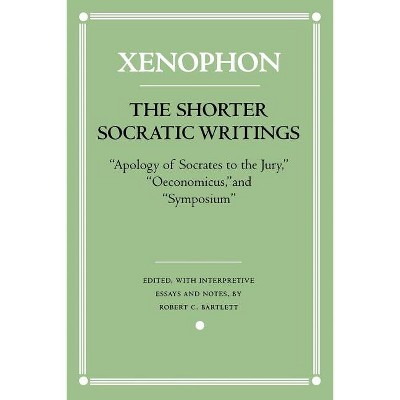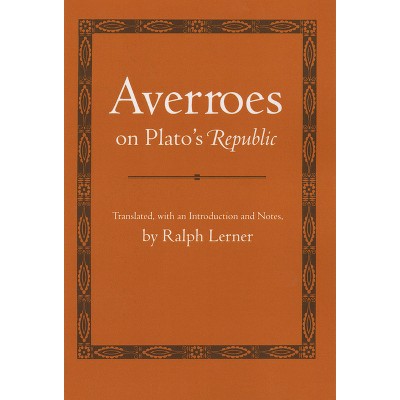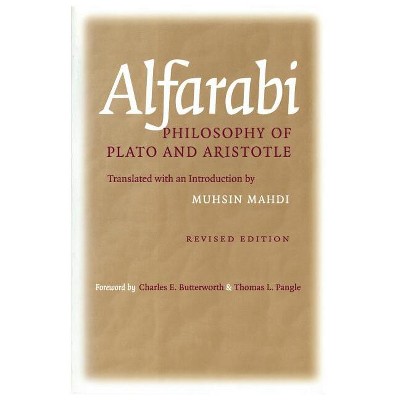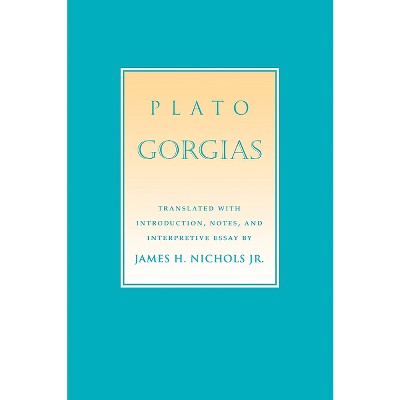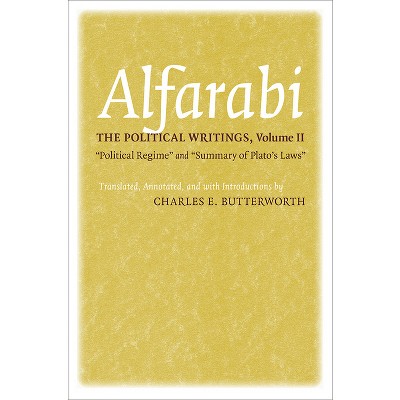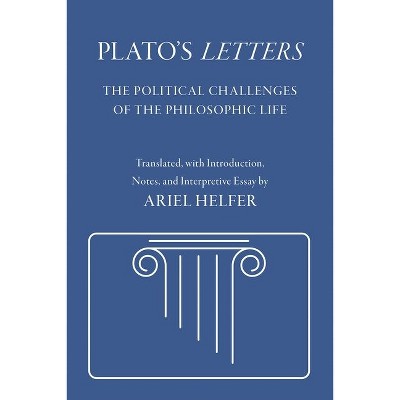Sponsored

Introduction to the Reading of Hegel - (Agora Editions) by Alexandre Kojeve (Paperback)
In Stock
Sponsored
About this item
Highlights
- "This collection of Kojeve's thoughts about Hegel constitutes one of the few important philosophical books of the twentieth century--a book, knowledge of which is requisite to the full awareness of our situation and to the grasp of the most modern perspective on the eternal questions of philosophy.
- Author(s): Alexandre Kojeve
- 304 Pages
- Philosophy, History & Surveys
- Series Name: Agora Editions
Description
About the Book
This collection of lectures shows the intensity of Kojève's study and thought and the depth of his insight into Hegel's Phenomenology of Spirit.
Book Synopsis
"This collection of Kojeve's thoughts about Hegel constitutes one of the few important philosophical books of the twentieth century--a book, knowledge of which is requisite to the full awareness of our situation and to the grasp of the most modern perspective on the eternal questions of philosophy."--Allan Bloom (from the Introduction)
During the years 1933-1939, the Russian-born and German-educated Marxist political philosopher Alexandre Kojève (1902-1968) brilliantly explicated--through a series of lectures--the philosophy of Hegel as it was developed in the Phenomenology of Spirit. This collection of lectures--originally compiled by Raymond Queneau and edited for its English-language translation by Allan Bloom--shows the intensity of Kojève's study and thought and the depth of his insight into Hegel's Phenomenology. More important--for Kojève was above all a philosopher and not an ideologue--this profound and venturesome work on Hegel will expose the readers to the excitement of discovering a great mind in all its force and power.
From the Back Cover
During the years 1933-1939, the Marxist political philosopher Alexandre Kojeve brilliantly explicated--through a series of lectures--the philosophy of Hegel as it was developed in the Phenomenology of Spirit. Based on the major work by Kojeve, this collection of lectures was chosen by Bloom to show the intensity of Kojeve's study and thought and the depth of his insight into Hegel's Phenomenology of Spirit.





